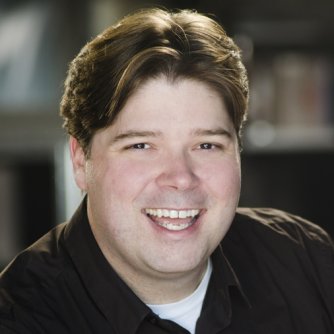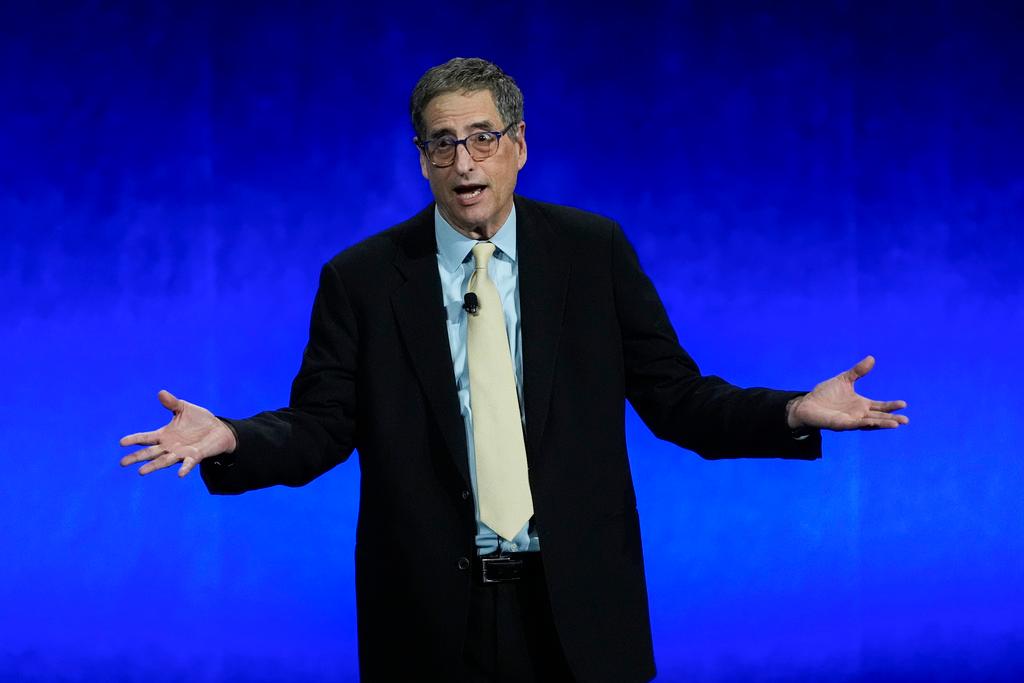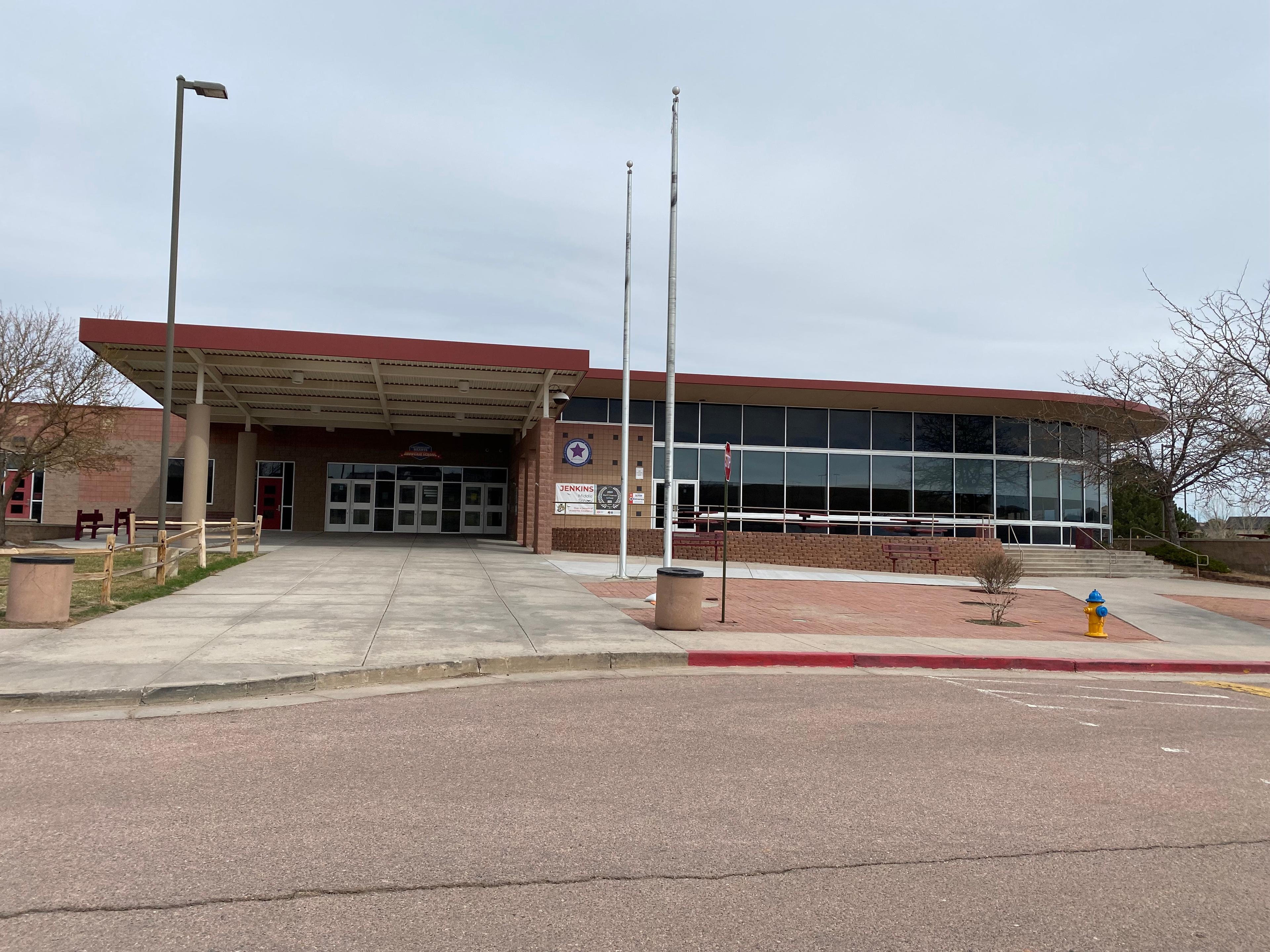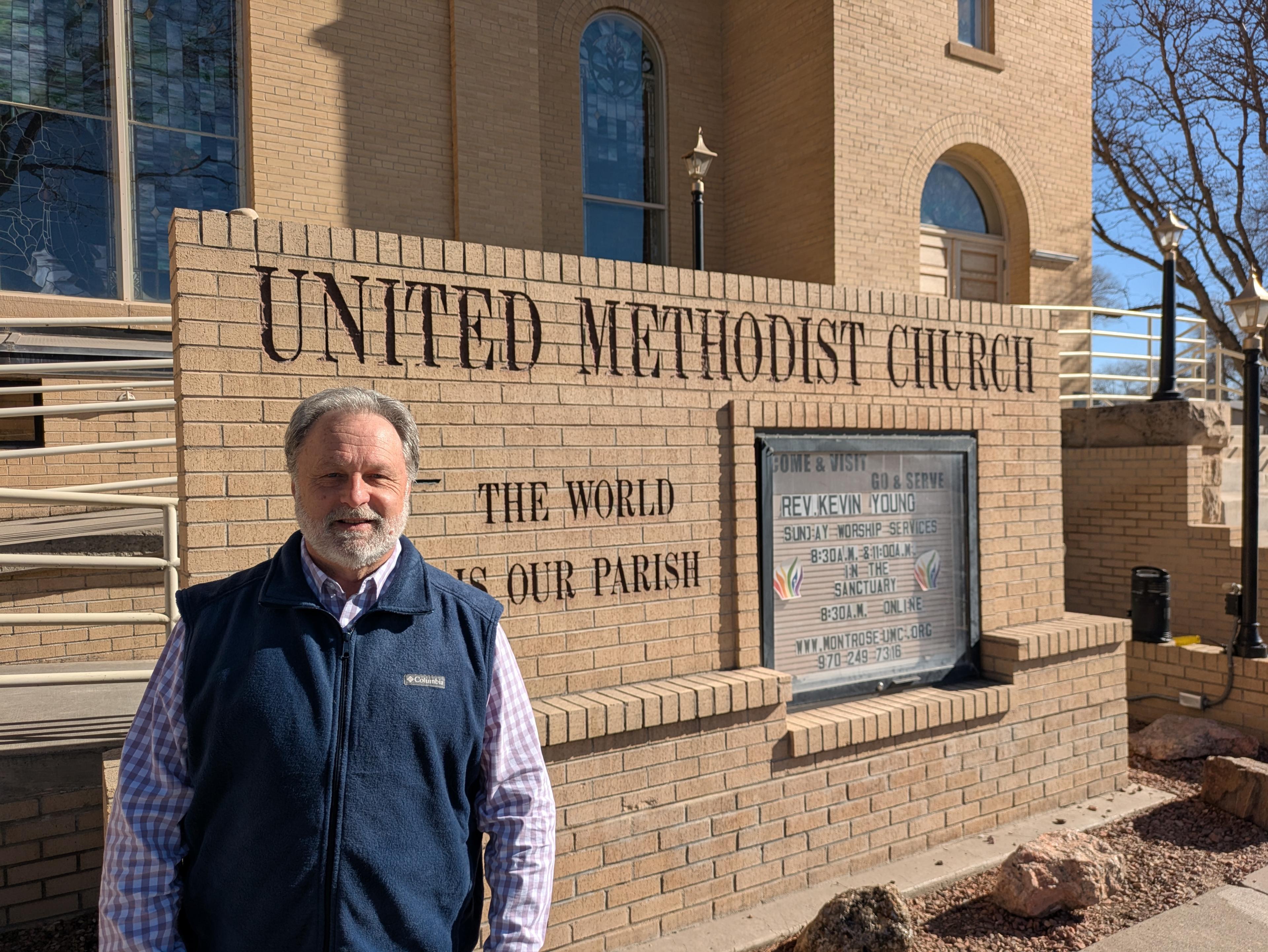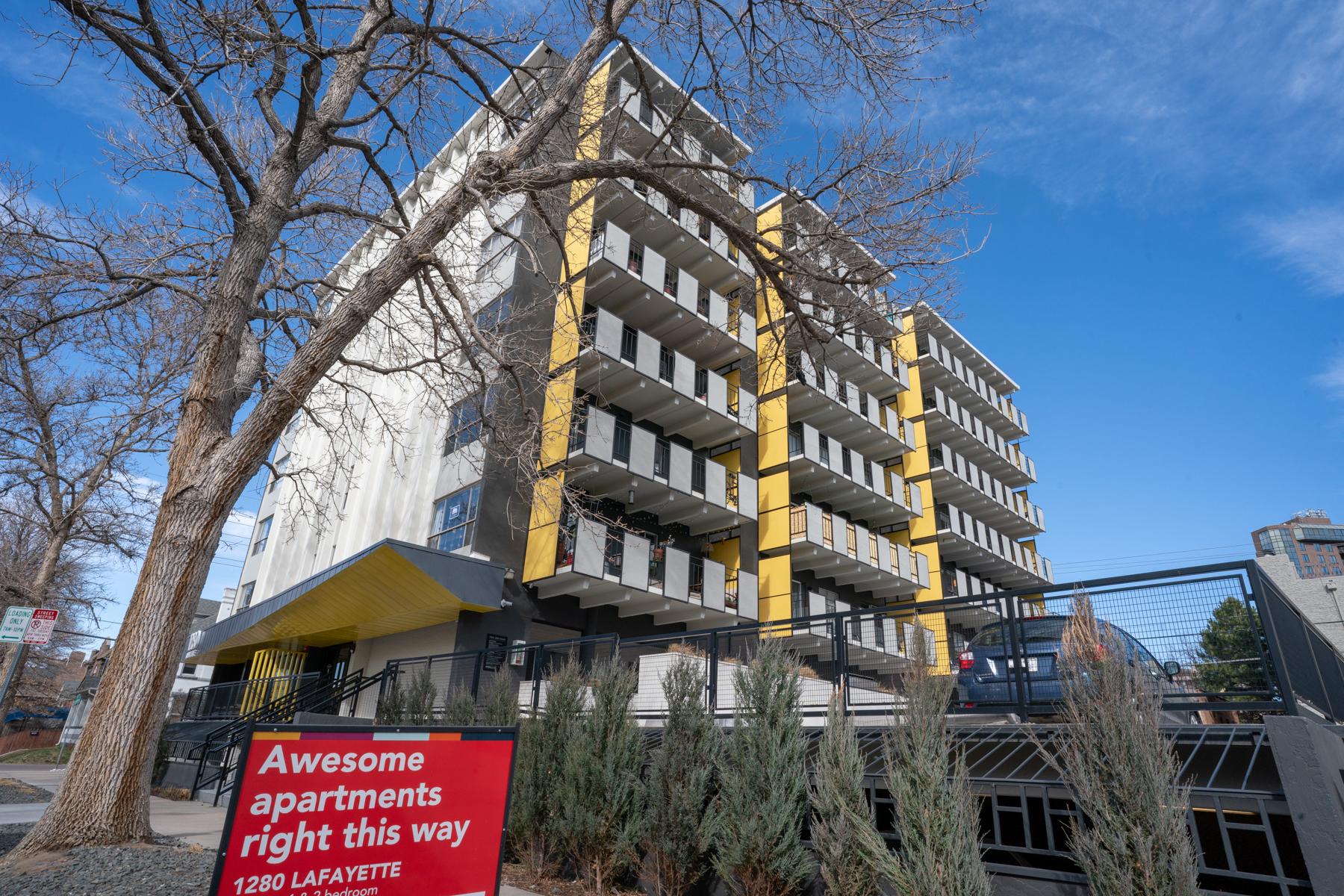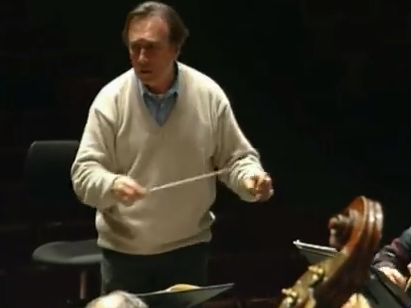
Abbado career included stints as music director of several major international orchestras, the Associated Press reported:
Abbado made his debut in 1960 at La Scala in his home city of Milan and went on to be its music director for nearly 20 years. Among his many other stints were as music director of the Vienna State Opera, the Berlin Philarmonic and the London Symphony Orchestra and as principal guest conductor of the Chicago Symphony Orchestra. ...
Just last year, Italy's president paid tribute to him by naming him senator for life. In an unusually personal message of condolences, President Giorgio Napolitano said Abbado had "honored the great musical tradition of our country in Europe and the rest of the world."
In a tribute on the Berlin Philharmonic’s website, successor Simon Rattle noted Abbado’s incredible attitude as he battled stomach cancer:
He said to me a few years ago, ‘Simon, my illness was terrible, but the results have not been all bad: I feel that somehow I hear from the inside of my body, as if the loss of my stomach gave me internal ears. I cannot express how wonderful that feels. And I still feel that music saved my life in that time!’
Always a great conductor, his performances in these last years were transcendent, and we all feel privileged to have witnessed them. Personally, he was always immensely kind and generous to me, from my earliest days as a conductor, and we kept warm and funny contact together even up to last Friday. He remains deep in my heart and memory.”
The conductor was also “a prolific builder of orchestras” across Europe, including Orchestra Mozart, the New York Times wrote:
He formed the Gustav Mahler Youth Orchestra in 1986, and in 1997 he and former members of that ensemble founded the Mahler Chamber Orchestra, a touring ensemble. In 1992, soon after he became music director of the Berlin Philharmonic, he co-founded Berlin Encounters, a project that brought together young musicians and experienced players. He founded the Lucerne Festival Orchestra in 2003, with players from the Mahler Chamber Orchestra as its core.
Abbado enjoyed a long recording career, and worked with Deutsche Grammophon from 1967 through 2013, the BBC reported:
Mark Wilkinson, president of record label Deutsche Grammophon, said: "The world has lost one of the most inspiring musicians of our era, a man who put himself entirely at the service of the music he conducted and, in doing so, made listeners feel that they were hearing it properly for the very first time."
The AP also noted Abbado was “revered by musicians in the world's leading orchestras for developing a strong rapport with them while still allowing them their independence.” You can see that approach in action in this clip from the 1996 documentary “Claudio Abbado: The Silence That Follows the Music.”
